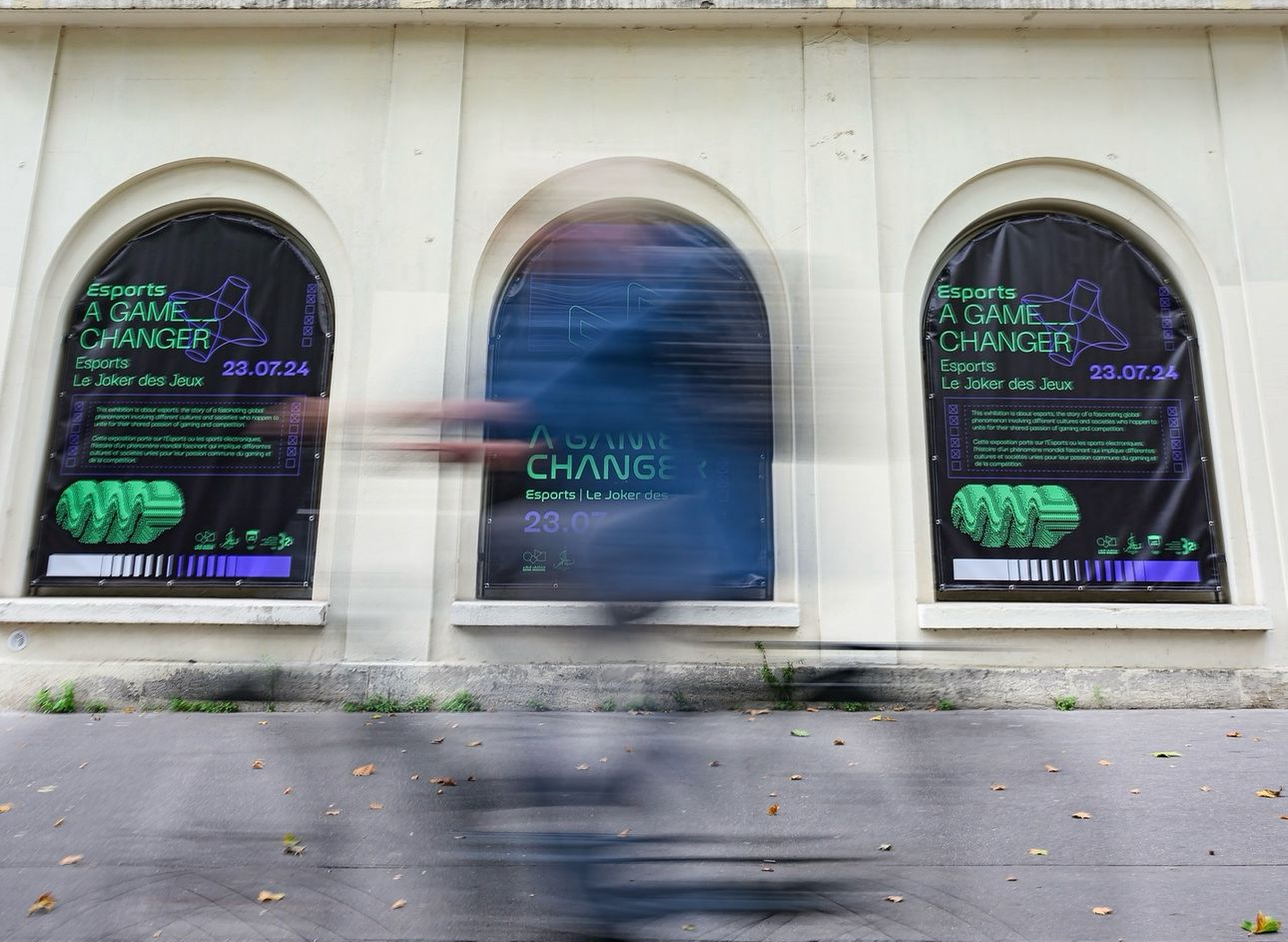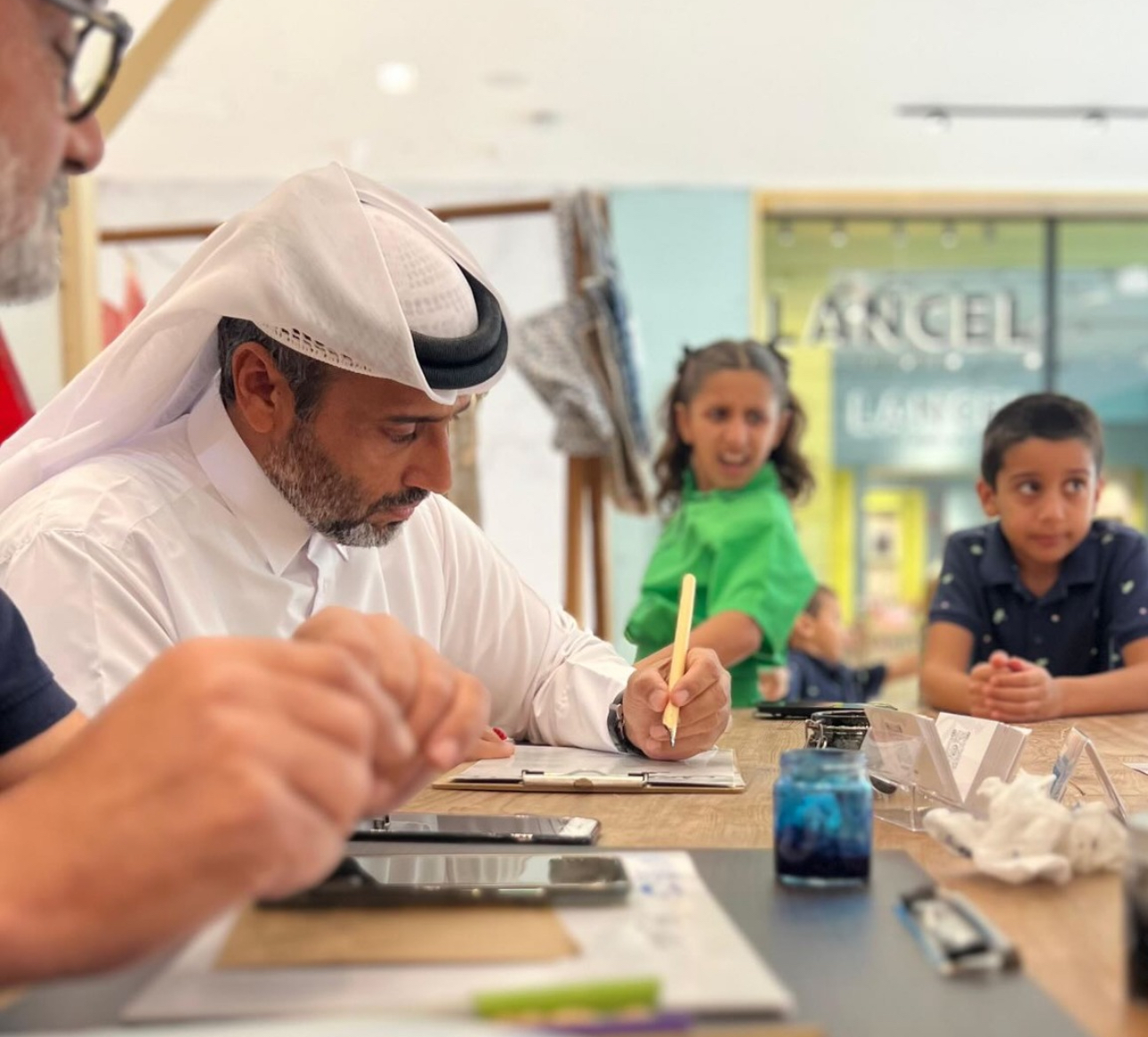
More than half of all Qatar residents polled in a recent survey said they support stricter regulation of online material in the country – the highest such sentiment across the region.
However, those polled in Qatar also cited a desire to support freedom of expression on the internet, according to the latest edition of Media Use In the Middle East.

The survey was conducted by Northwestern University in Qatar, in conjunction with Harris Poll.
It quizzed 6,093 adults in six countries – Qatar, Saudi Arabia, United Arab Emirates, Tunisia, Lebanon and Egypt – between Feb. 3 and March 9 about their attitudes and behaviors regarding traditional and new media use.
It builds on a previous report published in 2013 and provides a snapshot of residents’ views, and touches upon the types of media people prefer to use in different countries.
This year’s results concluded that fewer people across the region are comfortable expressing political opinions compared to 2013, particularly in post-revolution Egypt and Tunisia.
The survey also saw a drop in the percentage of people who believe that they should be allowed to criticize governments online, from 49 percent in 2013 to 44 percent this year.
Speaking about what appeared to be Qatar’s ambivalence with relation to online control and freedom of expression, Justin Martin, assistant professor in residence at NU-Q, told Doha News that this contradiction was also reflected in the wider region.
He added:
“In this part of the world it seems to be that respondents say that people should be able to access what they want online, but at the same time, they want some regulation. They want freedom, but also some semblance of order.”
Online control
Residents in Qatar were most likely in the region to support an increase in online controls, with 55 percent saying they were in in favor of the idea, which is slightly down from the 2013 figure of 57 percent.

Qatari nationals in particular said they wanted to see more regulation, with 67 percent of those who took part in the survey in favor – up seven percentage points since 2013.
A total of 1,000 Qatar residents participated in the survey: 280 each Qataris, Arab expats and Asian expats, and 160 European/American expats.
Over the past two years, fewer people in Qatar also appear to believe they are safe to express their views online.
Just over half (53 percent) of respondents said they felt it was ok to voice unpopular ideas on the internet – down from nearly two-thirds (61 percent) who felt the same way in 2013.
While the survey didn’t mention it, this may be in part because of the passage of Qatar’s new cybercrime law last year, which give authorities the power to punish anyone who creates and shares online content that’s deemed harmful to the country’s “social values” or “general order.”
Government criticism
For the Qatari group, it appeared that age mattered when it came to favoring online freedom of expression. While 67 percent of 18 to 24-year-olds supported the idea, the figure falls to 52 percent among those aged 25 to 34 years old.
Nevertheless, the older group was more comfortable with the views they express about public issues online (60 percent compared to 48 percent of 18 to 24-year-olds).
Overall, fewer people in Qatar appeared to believe in the right to criticize governments online (49 percent compared to 52 percent in 2013).
Fewer also said they feel it is safe to say what they think about politics on the internet (43 percent now, down from 46 percent), which is the second lowest figure in the region, after Tunisia at 37 percent.

Respondents in Qatar also had one of the region’s highest levels of concern when it came to “powerful institutions” checking up on their online activity.
Some 43 percent said they were worried about this, up five percentage points in the past two years. Only Saudi Arabia had a higher figure at 47 percent, while concern among residents in the UAE stood at 39 percent.
Key trends
Other media trends highlighted in the report particular to Qataris include:
- Qataris are more likely than other nationals in the region to consider themselves culturally conservative, with 75 percent describing themselves as such while the average of nationals from the other five countries was just over half (56 percent). Just 16 percent of Qataris described themselves as “progressive”;
- Qataris showed strong interest in religious/spiritual information, especially online content, compared to other nationals in the region. More than half of Qataris said they accesed religious/spiritual sites daily (54 percent vs. 22 percent of others);
- Qataris spend more time online than other Arab nationals (32 hours per week vs. 25 hours). This includes more time online socializing with family (11 hours vs. 7 hours) and colleagues (9 hours vs. 5 hours); and
- Internet and TV use in English is dropping among Qataris. While in 2013, 56 percent worked online in English and 47 percent watched English TV, this has fallen to 38 percent and 32 percent, respectively.
In terms of social media trends, WhatsApp is the most popular tool in Qatar, used by 77 percent of the total population, although favored by 85 per cent of Qataris.
Instagram has seen one of the biggest rises in popularity, with 60 percent of Qataris now using, which is almost double the 33 percent in 2013.
Thoughts?







